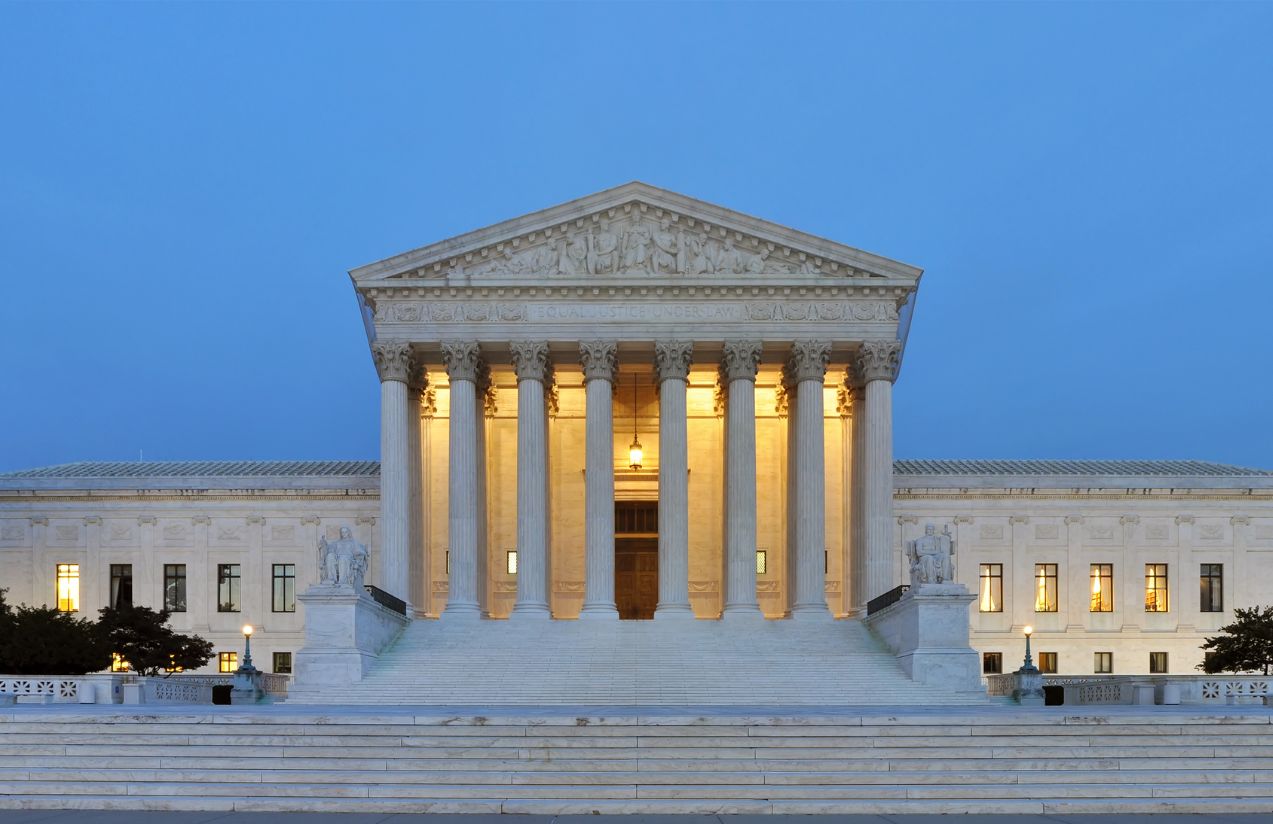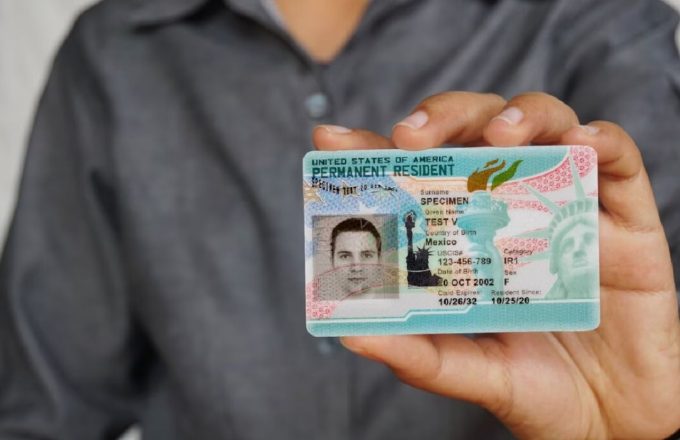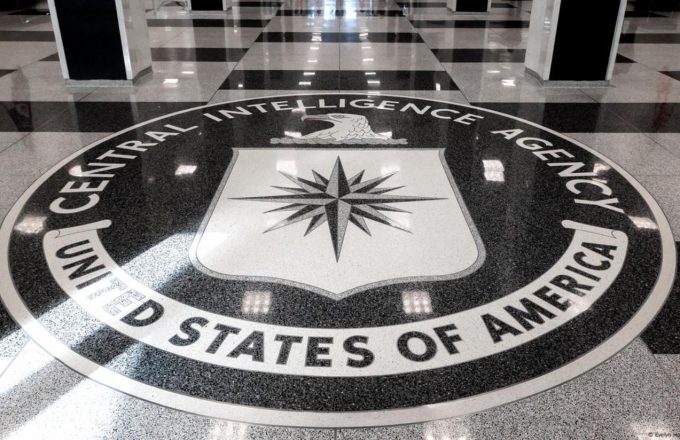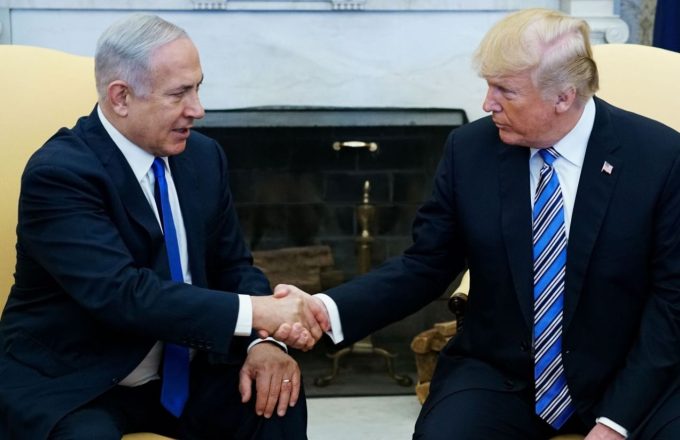The U.S. Supreme Court has ordered the Trump administration to temporarily halt the deportation of at least 30 Venezuelan migrants held at the Bluebonnet detention center in Texas. Authorities had planned to transfer them to El Salvador under the Alien Enemies Act, a law from 1798 originally intended for wartime scenarios. The migrants were to be incarcerated in a high-security prison in the Central American country.
The court’s decision, issued early Saturday morning, freezes the deportations until the U.S. Court of Appeals for the Fifth Circuit rules on the case. “The government is hereby ordered not to remove any member of the putative group of detainees from the United States until further order of this Court,” the ruling states, inviting the Attorney General to respond once the lower court has issued its opinion.
Seven of the nine Supreme Court justices—four conservatives and three liberals—voted to support the decision. Justices Clarence Thomas and Samuel Alito, known for their hardline conservative positions, dissented. Alito has announced he will publish a separate opinion explaining his reasoning.
The Supreme Court setback comes amid growing institutional pushback against President Trump’s increasingly authoritarian policies during his second term. From universities to media outlets and law firms, a range of entities have faced pressure, threats, and retaliation from the administration. While some have complied to avoid consequences, others have chosen to resist.
One of the most emblematic cases is that of Harvard University. The prestigious institution recently received a letter from the administration demanding sweeping changes to its admissions, hiring, and academic programs. Trump threatened to strip its funding, revoke tax privileges, and bar international students from enrolling. Harvard refused to comply. The move has inspired similar resistance at other elite universities, including Yale and MIT.
The administration has also targeted law firms involved in cases against Trump or his allies. Some have been barred from entering federal buildings by executive order and subjected to other restrictions. While most firms have made painful concessions to stay afloat, the prominent Perkins Coie firm chose to fight back in court. More than 500 law firms have signed a joint declaration supporting Perkins Coie, warning of growing threats to the rule of law.
The Associated Press, the largest news agency in the U.S., has also sued the administration for punishing it over its refusal to call the Gulf of Mexico the “Gulf of America,” as President Trump demanded. Though the agency won a temporary order restoring its access, the White House responded by tightening access even further, banning all news agencies from the president’s inner press pool.
Meanwhile, street protests are growing. Senator Bernie Sanders and Congresswoman Alexandria Ocasio-Cortez are leading a national tour titled Fight the Oligarchy, drawing large crowds across the country. Civic organizations have also mobilized. Following the success of the Hands Off! protest two weeks ago, a new nationwide demonstration is underway this Saturday under the banner Day of Action Against Trump’s Policies and Abuses.
Trump’s immigration crackdown has raised particular alarm. His administration is using the Alien Enemies Act to expedite deportations without court proceedings or due process, accusing detainees of gang affiliations without presenting evidence. In one recent case, a Salvadoran migrant with legal U.S. status was deported by mistake. Rather than correcting the error, the administration has publicly disparaged him.
The Supreme Court’s intervention follows failed attempts by the migrants’ attorneys to block the deportations in lower courts. Two federal judges declined to act. One of them, Judge James Boasberg—known for his rulings against Trump’s abuses of power—acknowledged the case raised serious concerns but stated he had no jurisdiction, citing a recent Supreme Court ruling that only judges in the detainees’ district can halt deportations.
The Alien Enemies Act has only been invoked three times in U.S. history, most recently during World War II to intern Japanese-American civilians. Trump reactivated the law on March 14, 2025, claiming the U.S. was under “invasion” by Tren de Aragua, a Venezuelan criminal organization. However, there is no declared war between the U.S. and Venezuela, and Tren de Aragua is not a foreign nation.
In their dissenting opinion, the Court’s liberal justices denounced the law’s misuse, warning it could enable deportations without legal recourse—even of U.S. citizens. “The consequence of the government’s position is that not only non-citizens but also American citizens could be pulled off the streets, forced onto planes, and imprisoned abroad with no remedy if judicial review is unlawfully denied,” they wrote. “History is not unfamiliar with such lawless regimes. But this nation’s legal system is designed to prevent, not enable, their rise.”




















